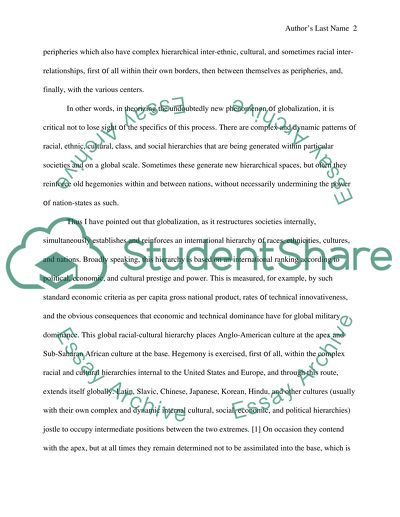Cite this document
(“Analysis of Globalization and Transnational Processes Literature review”, n.d.)
Analysis of Globalization and Transnational Processes Literature review. Retrieved from https://studentshare.org/anthropology/1524092-anthropology-college-essay
Analysis of Globalization and Transnational Processes Literature review. Retrieved from https://studentshare.org/anthropology/1524092-anthropology-college-essay
(Analysis of Globalization and Transnational Processes Literature Review)
Analysis of Globalization and Transnational Processes Literature Review. https://studentshare.org/anthropology/1524092-anthropology-college-essay.
Analysis of Globalization and Transnational Processes Literature Review. https://studentshare.org/anthropology/1524092-anthropology-college-essay.
“Analysis of Globalization and Transnational Processes Literature Review”, n.d. https://studentshare.org/anthropology/1524092-anthropology-college-essay.


